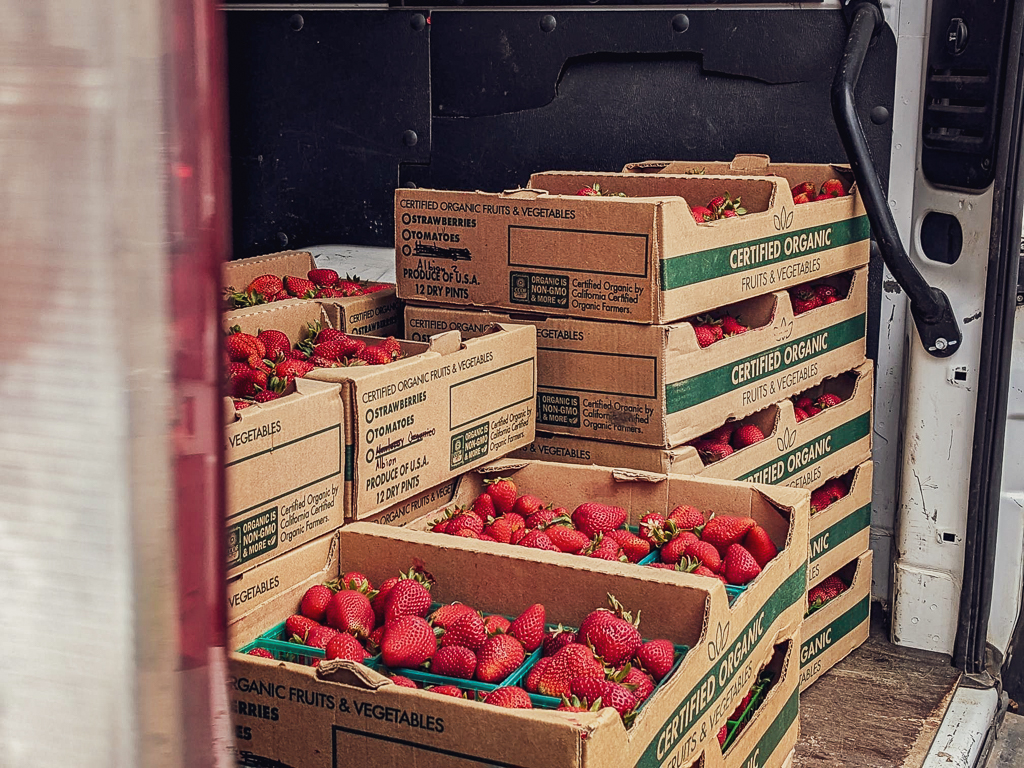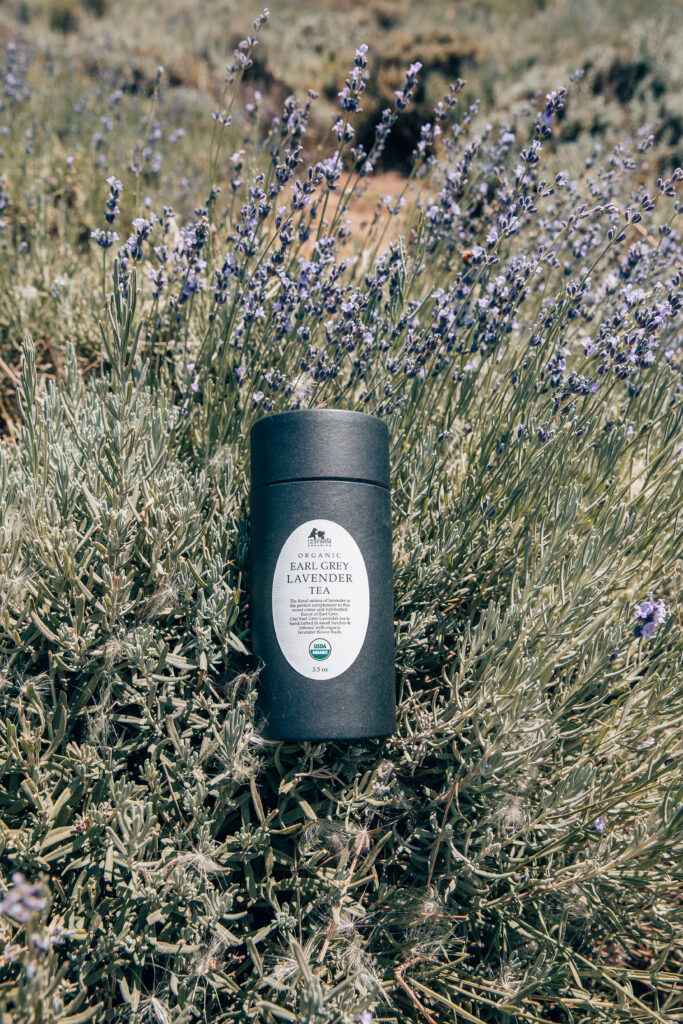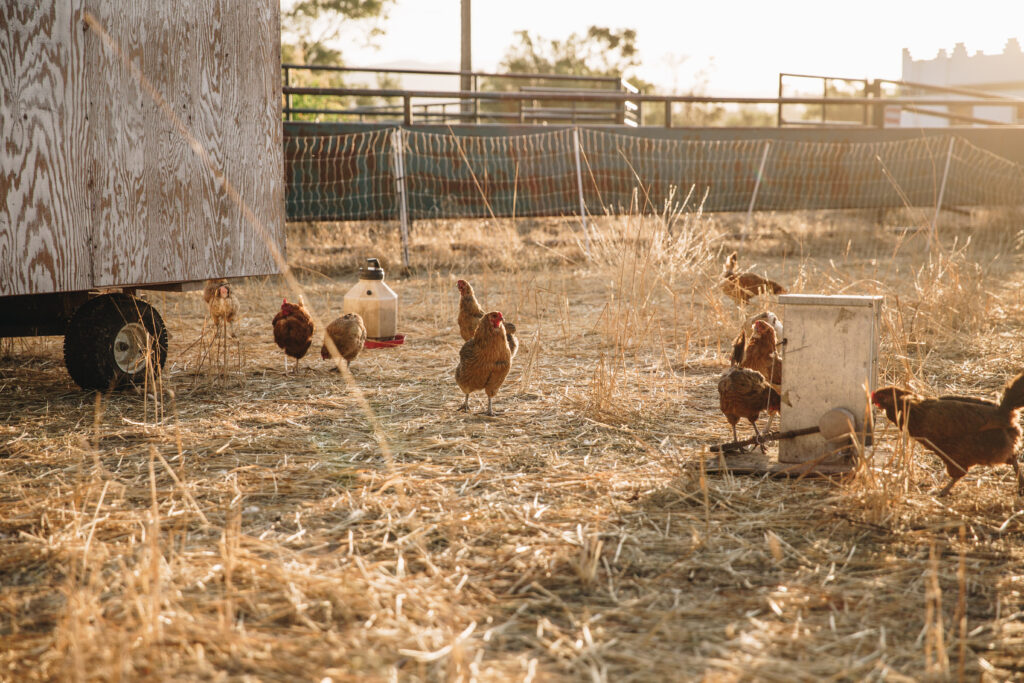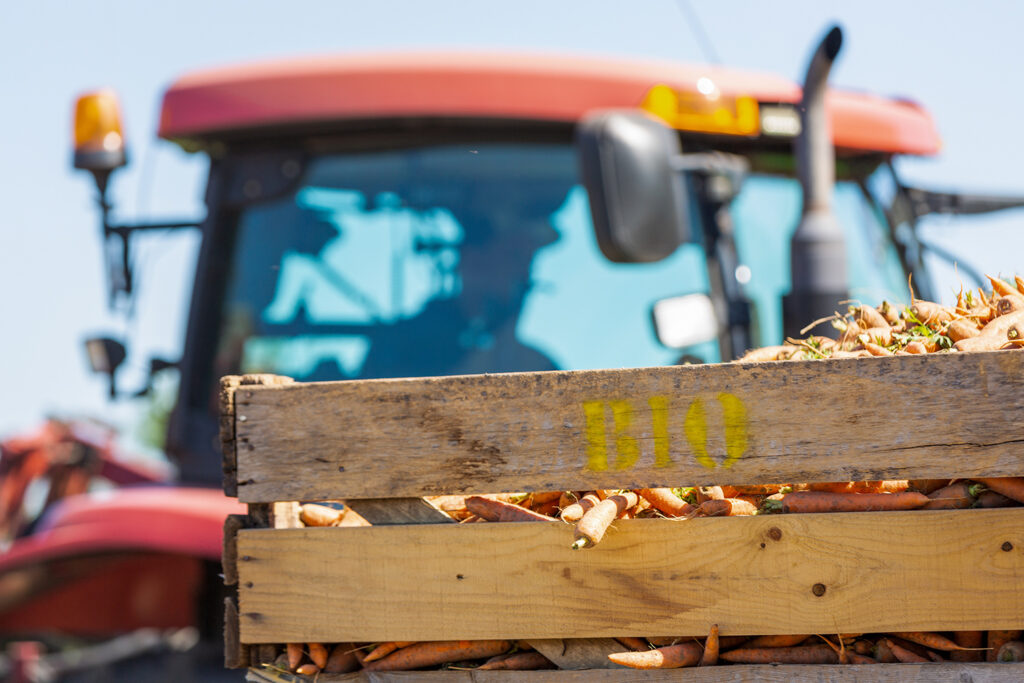Every client is assigned to a Certification Service Specialist. We work to respond to questions from certified operations within 1-2 business days. Check out Contact Us to see who the best person may be to contact with your question.
Check the most recent Compliance Report you have received from CCOF. Your Service Specialist’s contact information appears at the top. You can also call our office at (831) 423-2263 and ask to be connected to your Certification Service Specialist.
Certified clients also have access to MyCCOF, our online certification management tool. Here you can search and add materials , track your CCOF-certified suppliers, download certification documents, and track the inspection or open requests. You can also find your Certification Service Specialist’s name on your MyCCOF Dashboard.
Lastly, see our Procedures for Third Parties Reporting of Contaminated Product to CCOF page in the event product has been contaminated with prohibited materials.







